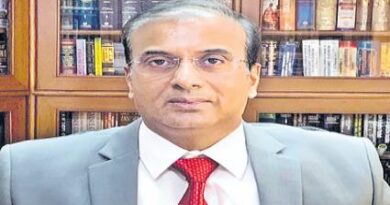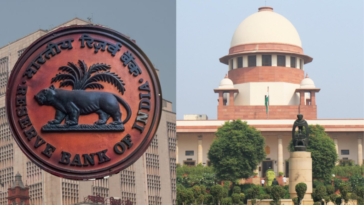Supreme Court Can Direct President on Assent to Bills, Says Justice Chelameswar
(Judicial Quest News Network)
Chennai, April 20 – Former Supreme Court judge Justice J. Chelameswar asserted that the Supreme Court holds the constitutional authority to issue directions to the President, particularly in matters such as granting assent to bills passed by State Legislative Assemblies within a reasonable time frame.
Delivering the Rakesh Endowment Lecture on “The 75th Year of the Constitution” on Saturday, Justice Chelameswar addressed the legal and constitutional basis for such directives, noting that it would be “constitutionally doubtful” to believe the judiciary cannot direct public officials, including the President, to act in accordance with the Constitution.
“If the Supreme Court and High Courts are empowered to subject laws enacted by Parliament to judicial review and strike them down as unconstitutional, then surely they can also issue directions to persons holding high public office,” he said.
Justice Chelameswar was responding to a question posed by Justice C. Saravanan of the Madras High Court, regarding whether courts have the power to instruct the President in situations where a delay or refusal to act may raise constitutional concerns.
He justified his position by referencing the broader role of the judiciary in ensuring constitutional compliance by all organs of the State.
“We have accepted in this country that the judiciary has the authority to decide whether legislation conforms to the Constitution. If judges of the Supreme Court and High Courts can declare laws unconstitutional, then suggesting they cannot direct a public officeholder to perform a constitutional duty is problematic,” Justice Chelameswar observed.
His remarks come in the context of growing legal debates about delays in presidential assent to bills passed by State Assemblies and concerns about federal balance and constitutional obligations.
The lecture, attended by members of the judiciary, legal professionals, and constitutional scholars, marked a significant reflection on the evolving role of the judiciary in India’s democratic framework as the country celebrates 75 years of its Constitution.




